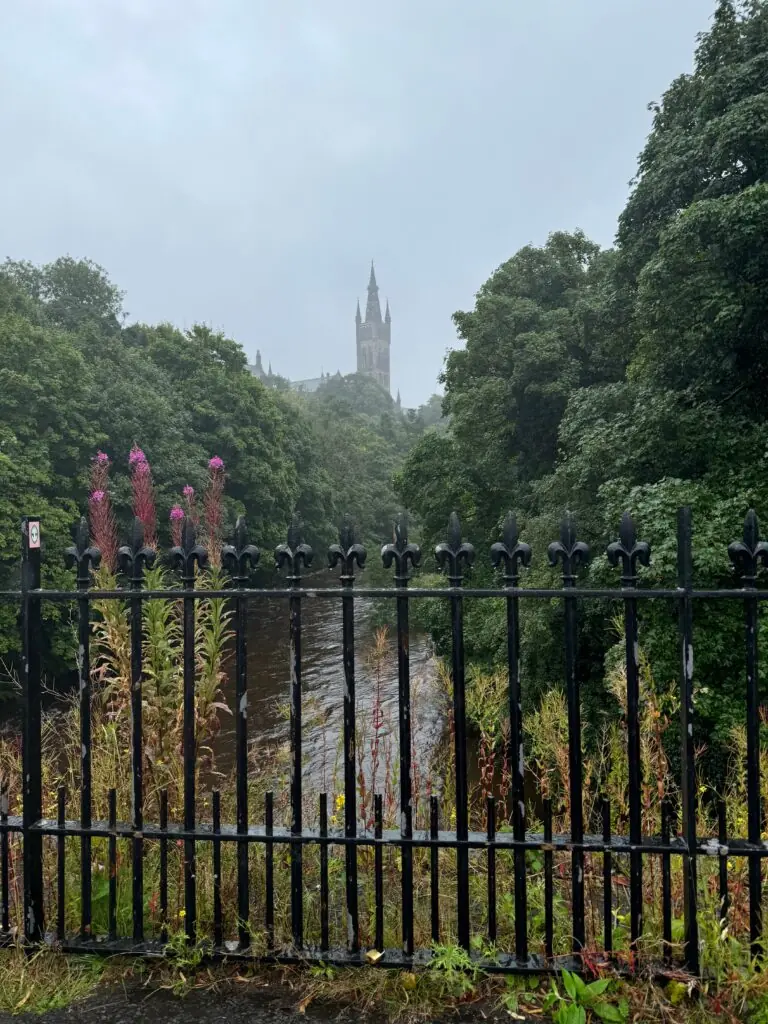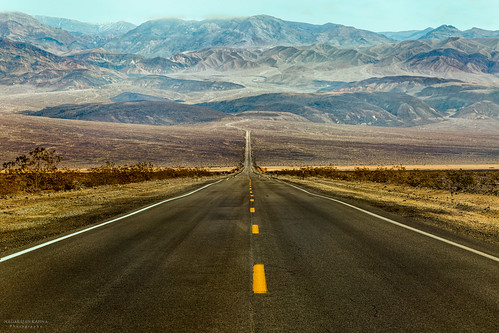Last week I spent a bunch of time in Glasgow, for (happy) family reasons.
Because of last-minute airline insanity we ended up traveling the length of the country from London to Glasgow on the train instead of flying over it, as we usually do, and it was glorious.
Every time I looked out of the window, there was a new landscape to examine: now flat and pastoral, now mountains and lakes, now industrial revolution-era towns tucked into river valleys…
This week a lot of writers and sci-fi/fantasy fans are in Glasgow for WorldCon, the big annual conference and i’m following along on social media.
I just saw a post from someone who said they were taking the same 5hr train ride I just took…and were watching The Matrix on their laptop.
I carefully put my phone down and took a deep breath. I try not to shout at strangers on the Internet, but the inside of my head was ringing with the words “Look out of the window!”
Take A Fresh Look At The World
Humans are creatures of habit. We do the things we’ve always done – like staring at our screens on long journeys even when we don’t have to.
As writers our purpose is to make readers experience things they don’t normally experience.
To do that, I believe we need to be constantly curious.
That’s easy when we travel somewhere new.
But you don’t need a big travel budget to find novelty and wonder, not with the right attitude.
This week I challenge you to vary your routine and find the wonder in the place where you are.
- Take a new route home from work and really notice your surroundings. Wind the windows down in your car and listen, smell, feel.
- Take off your headphones and listen to the world as you walk through it.
- Talk to a stranger. Try to find out what gets them excited, then stand back and watch how it changes their whole physicality.
- Order a different type of coffee, then try to describe it in words.
- Visit a museum in your hometown (even if it’s the National Mustard Museum in Middleton, WI)
- Wander the non-fiction stacks at your local library and pull a book off the shelf at random. Grab a table and spend an hour leafing through it.
- Stop and really look at the weeds growing on a free-growing patch of earth.
Celebrate the day-to-day and come back to your desk, refreshed.
What will you explore this week? Leave a comment and let me know – or come back and comment when you’ve done it.



